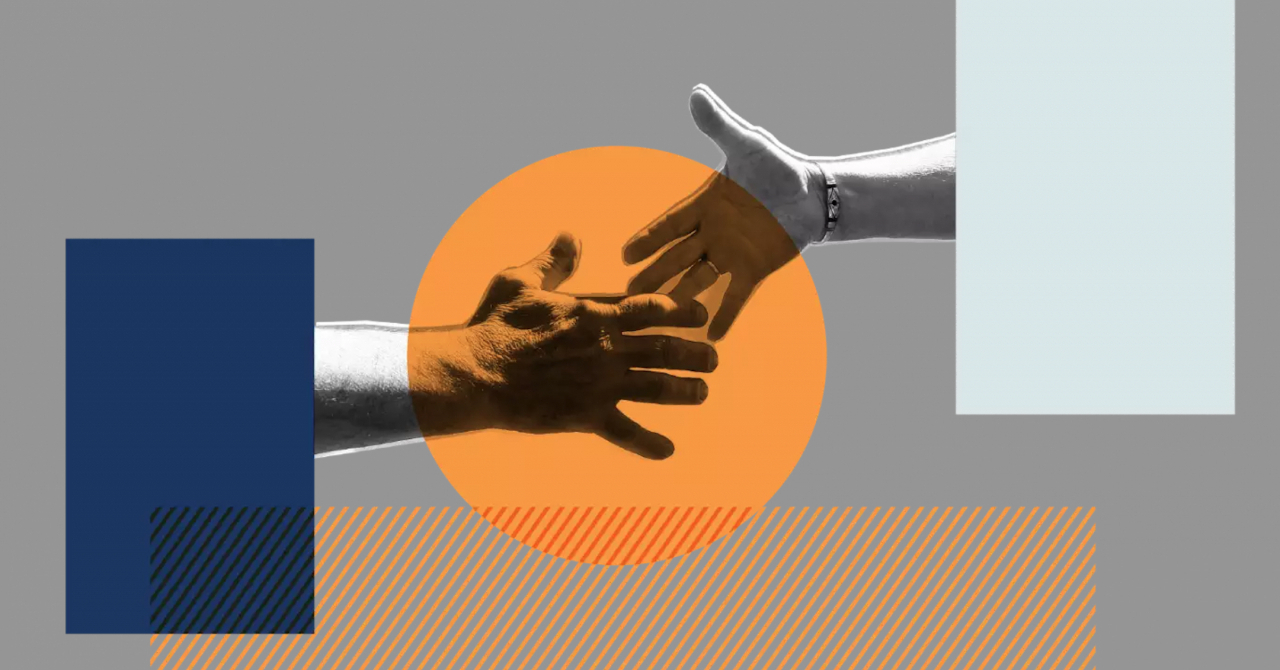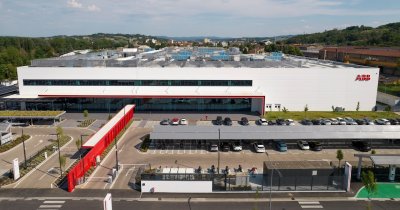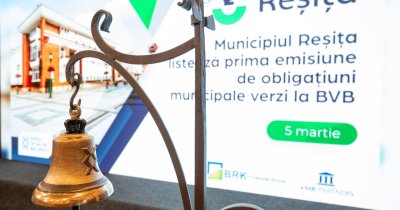“Through this analysis we want to bring a resource to build together, together with organizations that can take the market to the next level, together with private public investors, financiers and public authorities, because we strongly believe that only through collaboration and common goals we can achieve a greater impact in society. For 5 years since Ashoka arrived in Romania, we know that the subject of financing is a recurring one in the discussions about the barriers that social entrepreneurs face. We need to work together to develop the environment of social entrepreneurship and civil society into a more sustainable one, and one of the pillars on which we need to build is the diversification of funding instruments. Tensions do not arise due to a single type of actor, but through the still incipient mechanisms that will sustain a long-term impact, ”explains Tomina Vodarici, Ashoka Romania.
The report shows that the support ecosystem for social entrepreneurs and civil society is still in its infancy.
Ashoka Romania and Fonduri-Structurale.ro in this report use the term social entrepreneurs to refer to any type of people who through different legal entities prioritize the impact on society before capital, whether this is done through social enterprises, NGOs- , initiative groups
Analyzing the level of support that social entrepreneurs perceive at the level of different actors that are part of this support ecosystem, no actor received a score higher than 50%, in the first place being the organizations that manage grants, followed by the community of social entrepreneurs and private companies, the universities being on the last place.
Moreover, the analysis shows that civil society works predominantly by accessing non-reimbursable grants, which, although a necessary tool, develop an unsustainable dependence on the model of operation and initiative of social entrepreneurs. Grants often do not strengthen organizational capacity and have limited restrictive funds over a short period of time.
Even if the most used financing instrument remains the grant, social entrepreneurs in Romania are interested in alternative financing instruments. For example, 83% of study respondents would use tools such as crowdfunding, and 68% different forms of investment.
Loans are becoming a more attractive tool for civil society, with 34% identifying an opportunity to use this line of financing for scaling or co-financing (25%).
At the same time, the study reveals that there are tensions in the relationship between the financier and social entrepreneurs, but also the fact that an inconsistency is often identified with long-term partnerships that seek systemic change and sustainable impact. They are often formed from a lack of collaboration on a chosen strategic goal, an imbalance in the power relationship, or a lack of a common understanding of what the impact is and how it is measured.
"Within the fonduri-structurale.ro acceleration programs we have worked in the last 3 years with over 50 social entrepreneurs. We have already launched for them the consolid8 crowdfunding platform and together with our partners we are building new solutions for the development of the social innovation ecosystem in Romania. A constant concern of ours has been to better understand the needs of those we support. In the documentation for the report, we had the opportunity to discover challenges from the grass, challenges that we now address through the Social Finance Alliance for Romania”, explains Raluca Prelucă, partner of Fonduri-Structurale.ro.
The report also highlights a very visible need, but also an increased desire for collaboration, especially intersectoral. The recent global crises have brought people together and shown how essential collective impact is in addressing systemic problems.
Thus, for Ashoka Romania and Fonduri-Structurale.ro, it is an opportunity to bring people together and start creating collaborative spaces that will transform the working mechanisms of the ecosystem adjacent to civil society.
Although it is in an incipient phase, new forms of monetary and financial instruments are appearing in Romania, such as complementary currencies to increase collective intelligence and systemic change.
 Oana Coșman
Oana Coșman












Any thoughts?